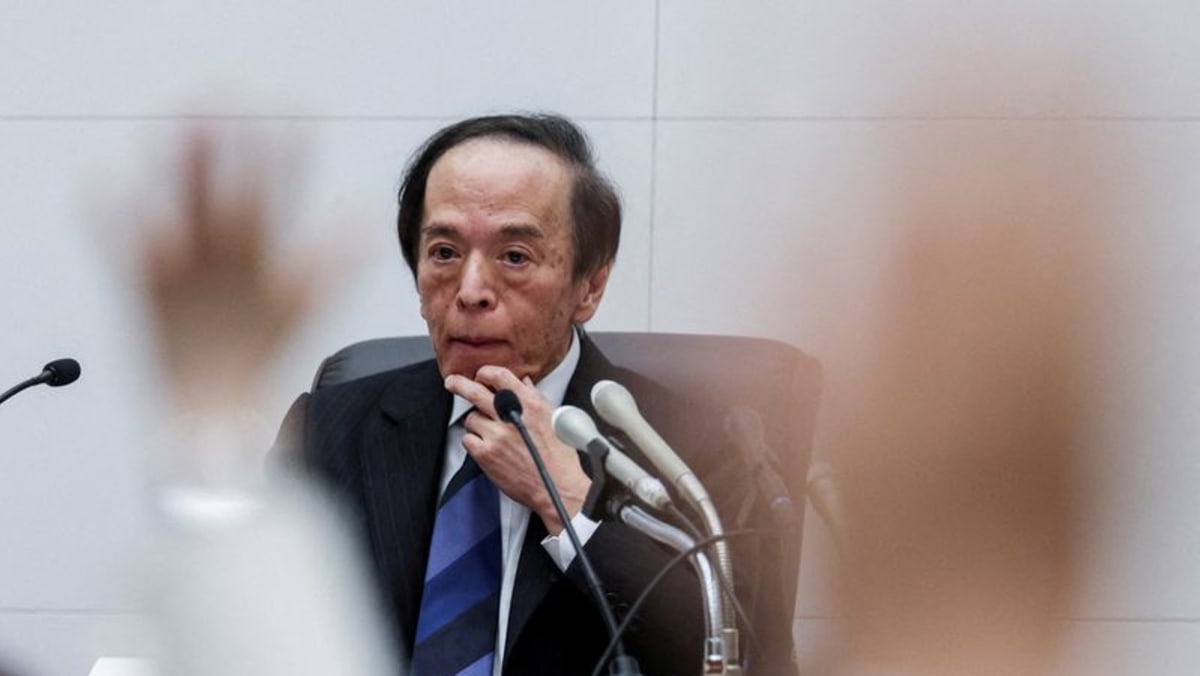TOKYO :The Bank of Japan should make clear it is not monetising government debt by ensuring that fiscal considerations do not take precedence over its goal of achieving price stability, Deputy Governor Shinichi Uchida said on Saturday.
Central banks can theoretically print unlimited amounts of money and completely finance government debt, which poses delicate questions around their huge government bond purchases conducted to revive their economies, Uchida said.
Central banks see “monetising,” or directly financing government deficits, as taboo, as doing so risks letting inflation get out of control and potentially eroding their independence.
Such unconventional monetary easing steps taken since the 2008 financial crisis present a challenge for central banks across the globe, he said in a speech.
The BOJ’s monetary easing, for its part, was aimed at achieving its 2 per cent inflation target, and not at funding government debt, Uchida said.
“In considering what constitutes monetary financing or not, the important question is whether monetary policy is compromised by fiscal considerations,” Uchida said.
In deploying and rolling back monetary easing, the BOJ must focus on achieving its economic and price mandate. “The result must be that the Bank does not deviate from such policy conduct out of fiscal considerations,” he said.
“In its future conduct of monetary policy, the Bank should make it clear that it is not engaging in monetary financing.”
The remarks come against the backdrop of growing pressure from opposition and ruling parties on Prime Minister Shigeru Ishiba to increase budget spending ahead of an upper house election due next month.
Some analysts have blamed concerns over Japan’s worsening finances for pushing up super-long bond yields to record highs last month, and complicating the BOJ’s efforts to taper its huge bond purchases.
Under a radical monetary easing programme deployed in 2013, the BOJ increased purchases of government bonds and adopted a policy of capping long-term interest rates around zero.
While the BOJ ended the policy last year, its short-term policy rate is still at 0.5 per cent. The central bank plans to lay out in June a new bond tapering plan for fiscal 2026 and beyond as part of its effort to normalise monetary policy.
